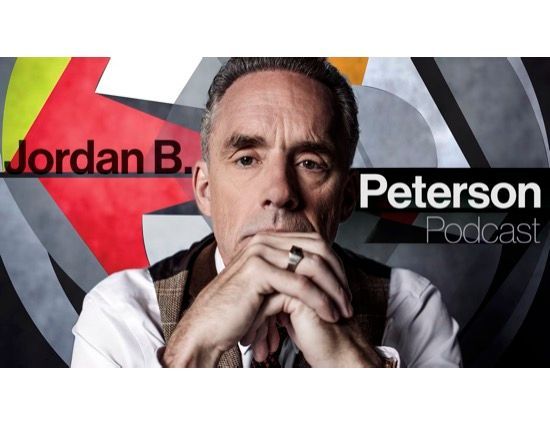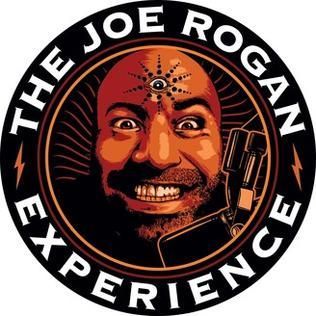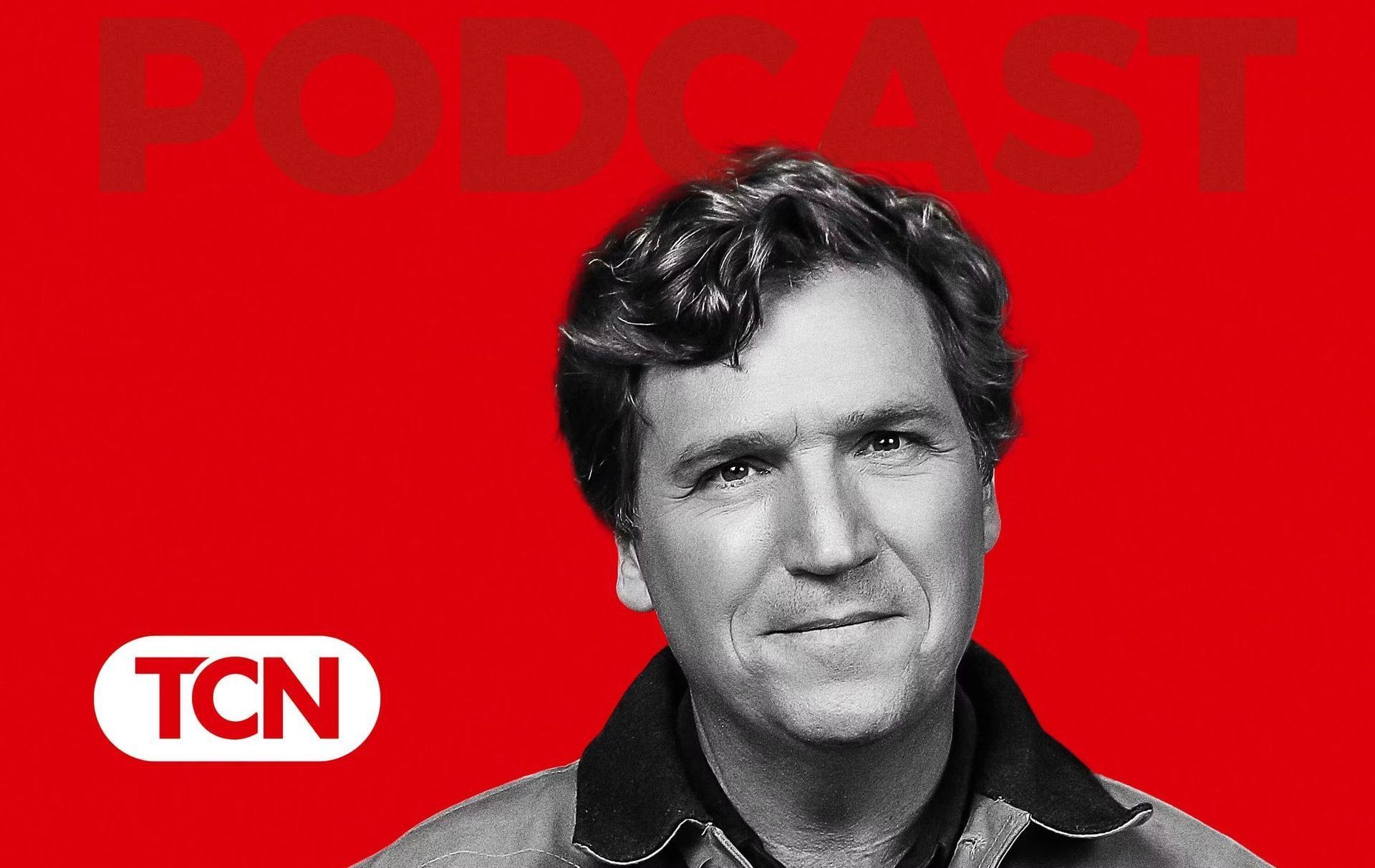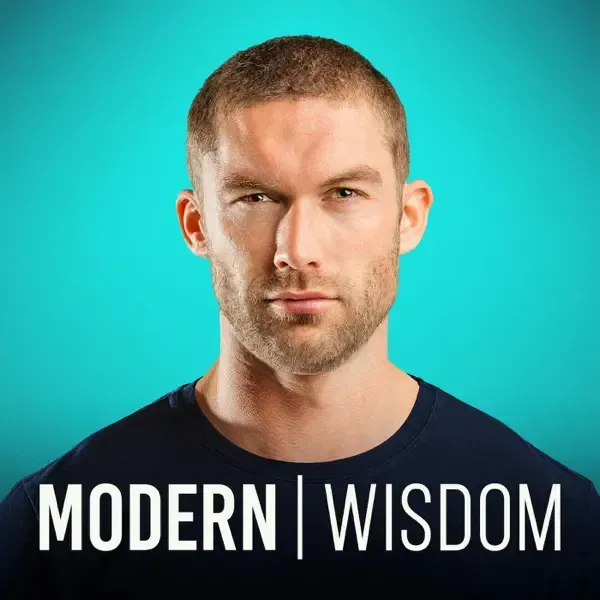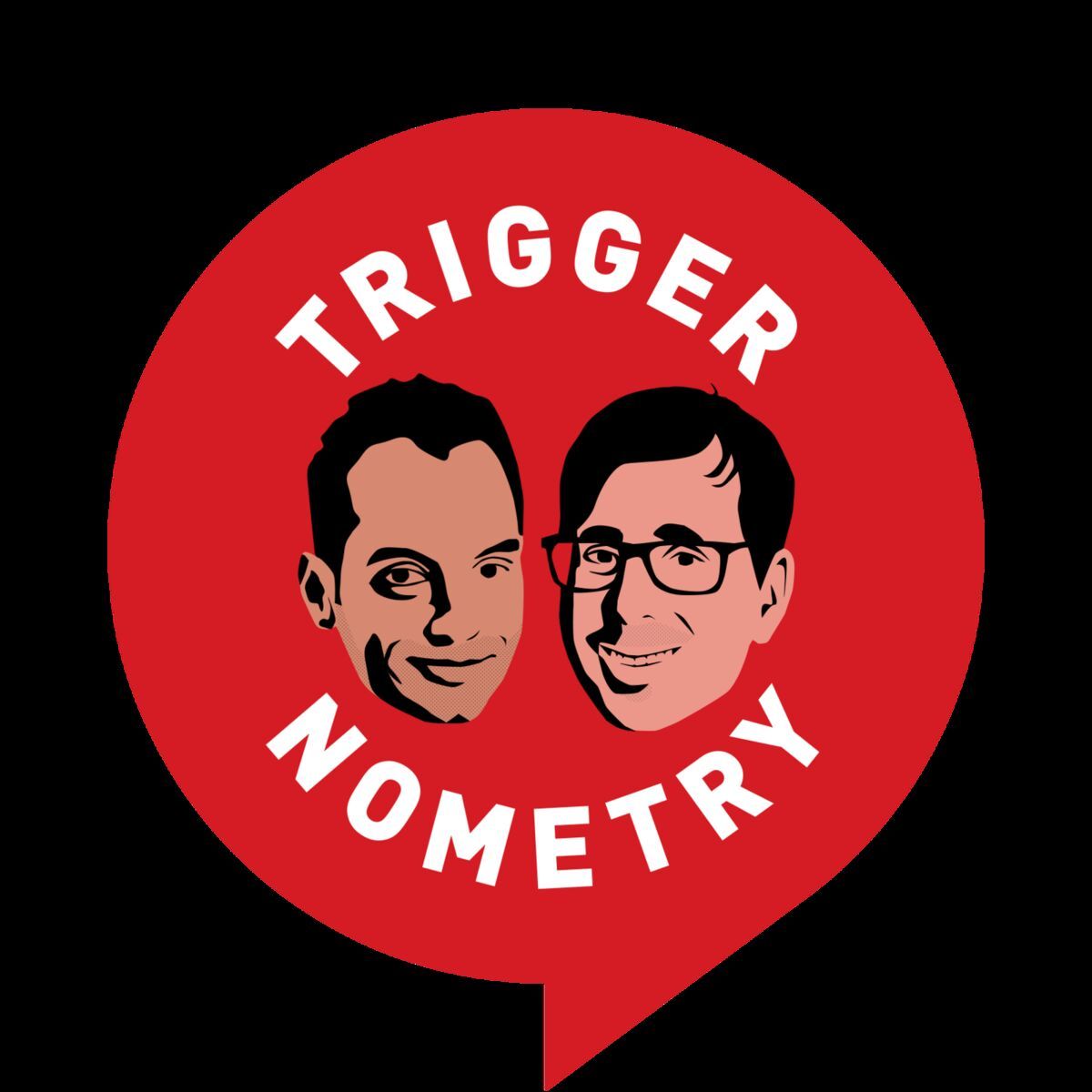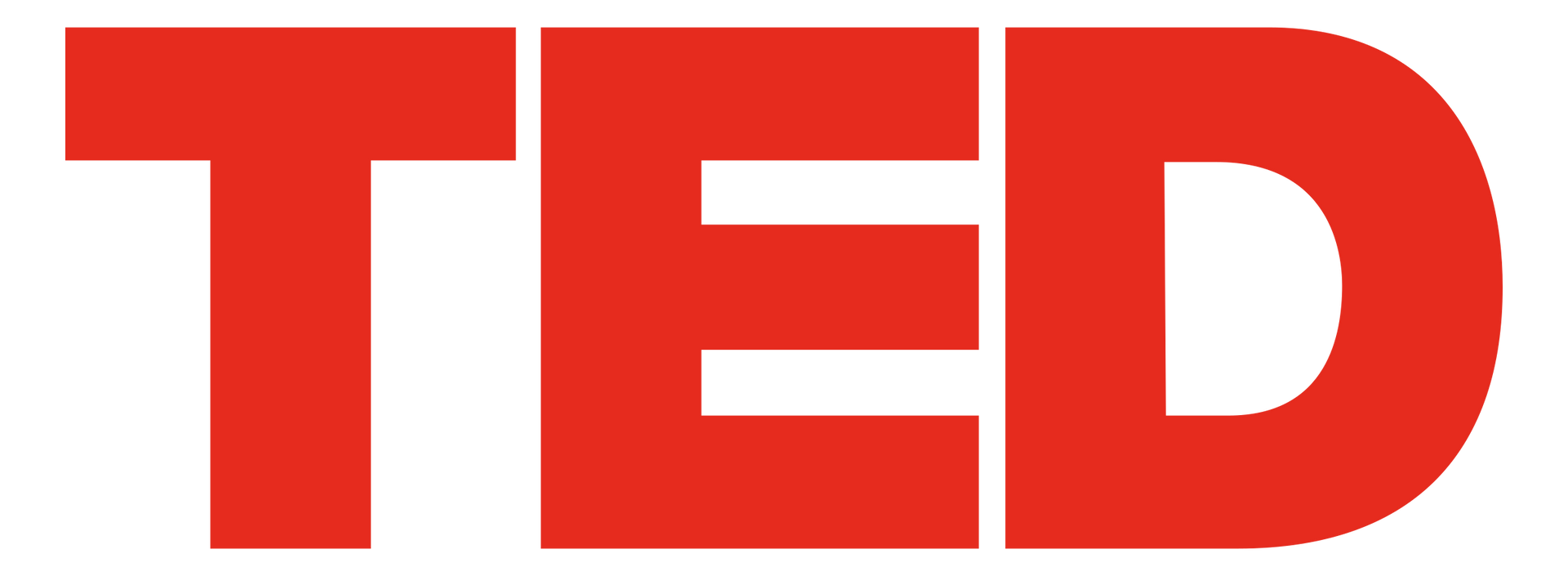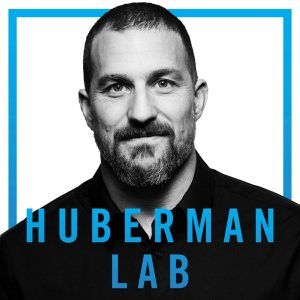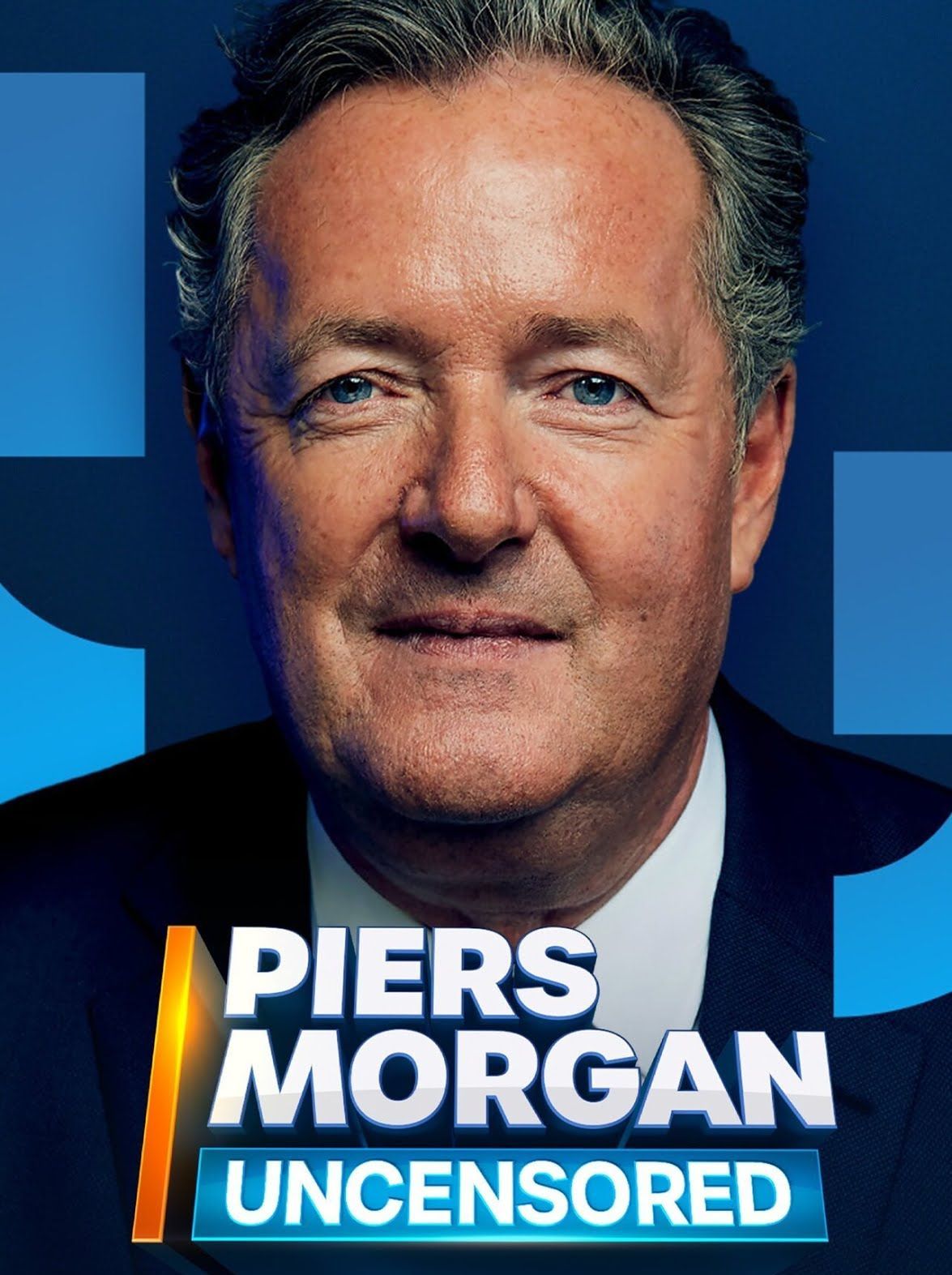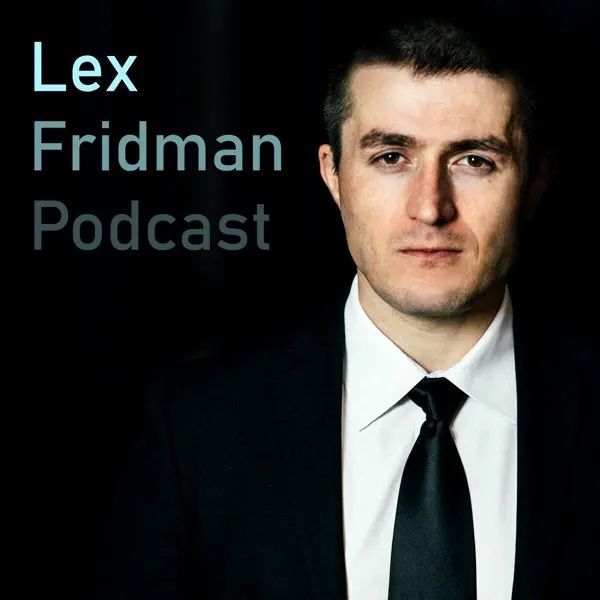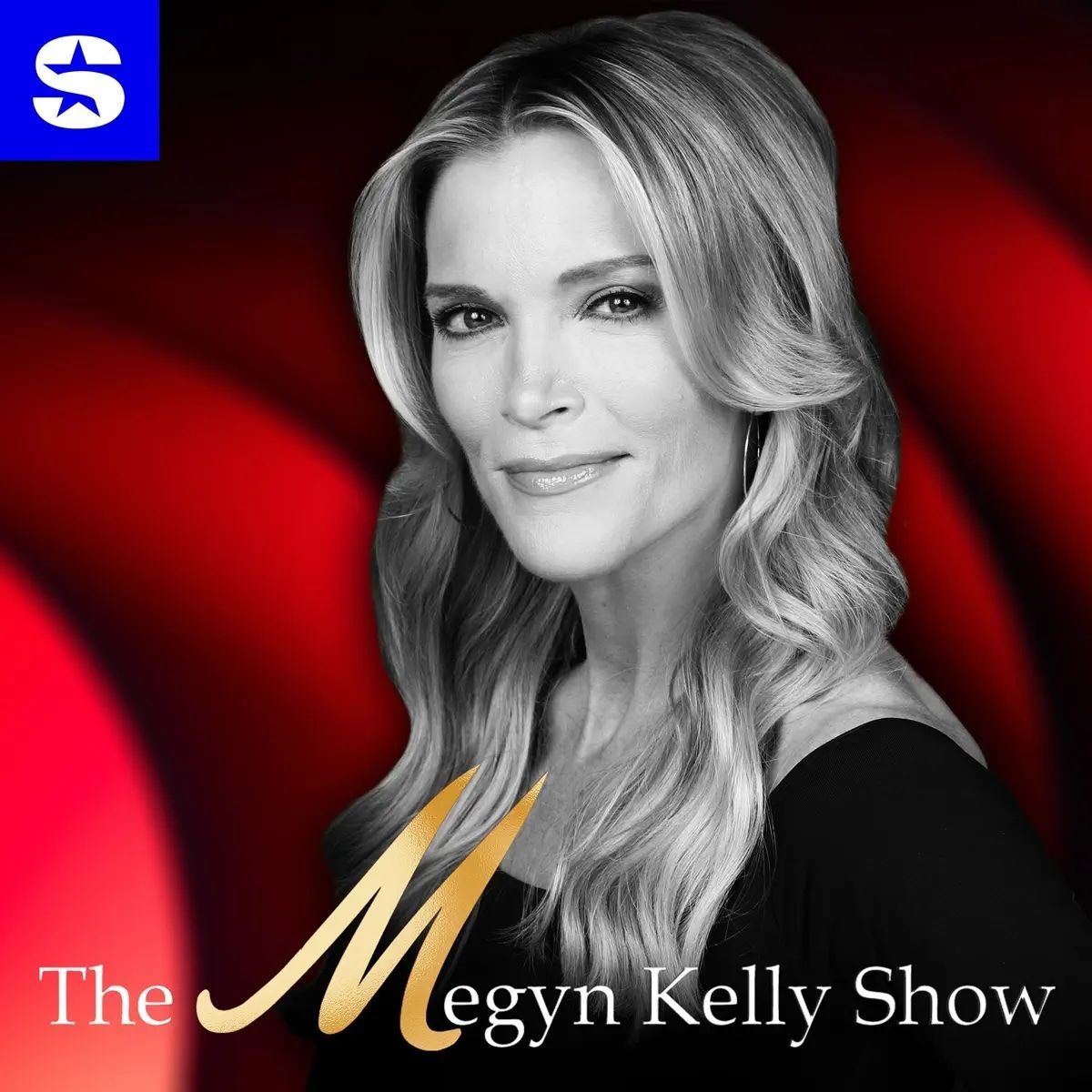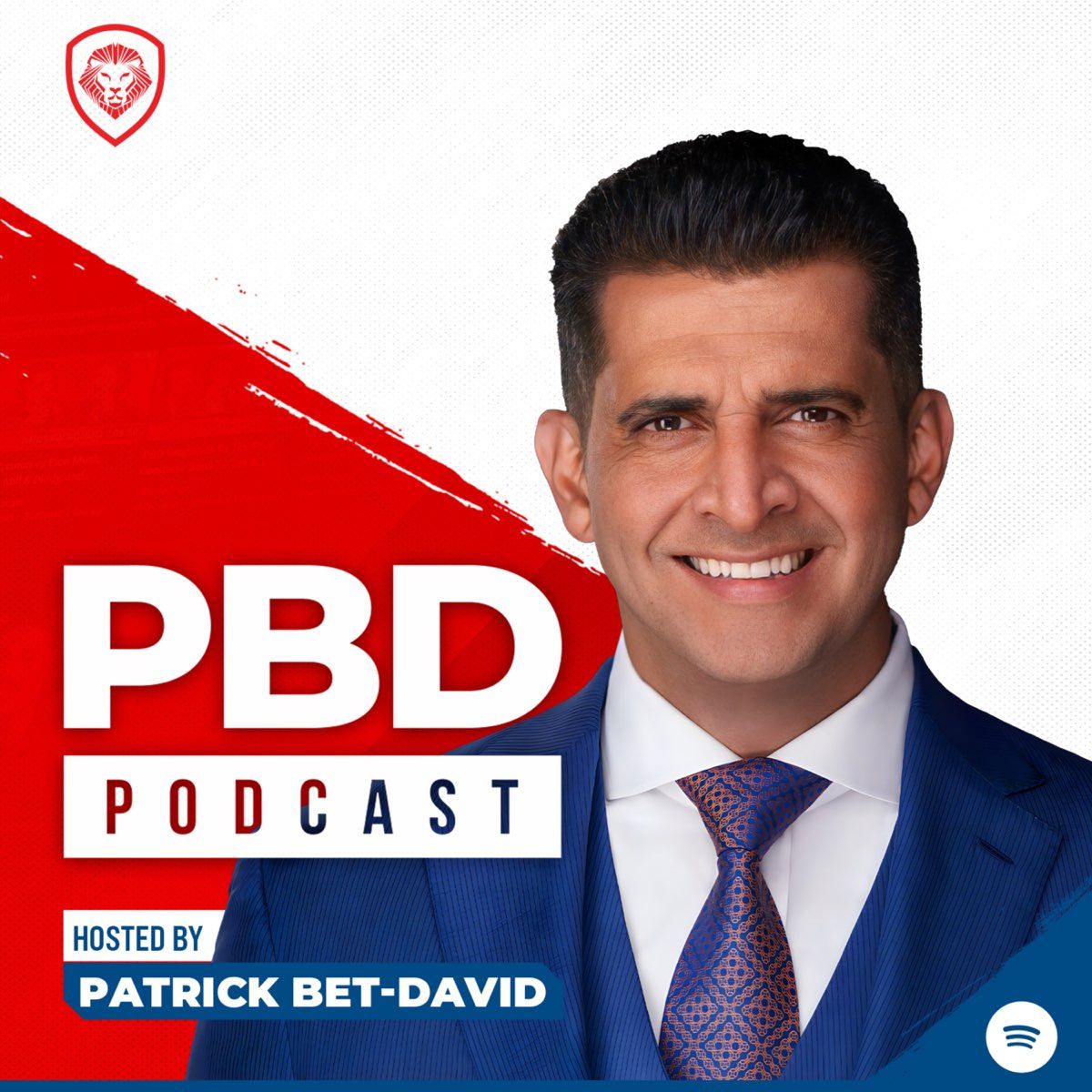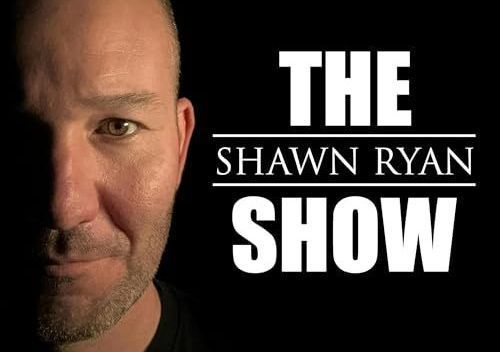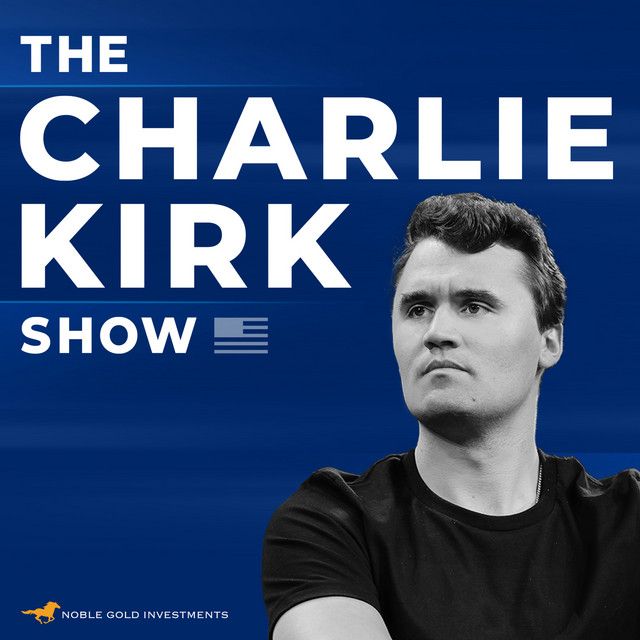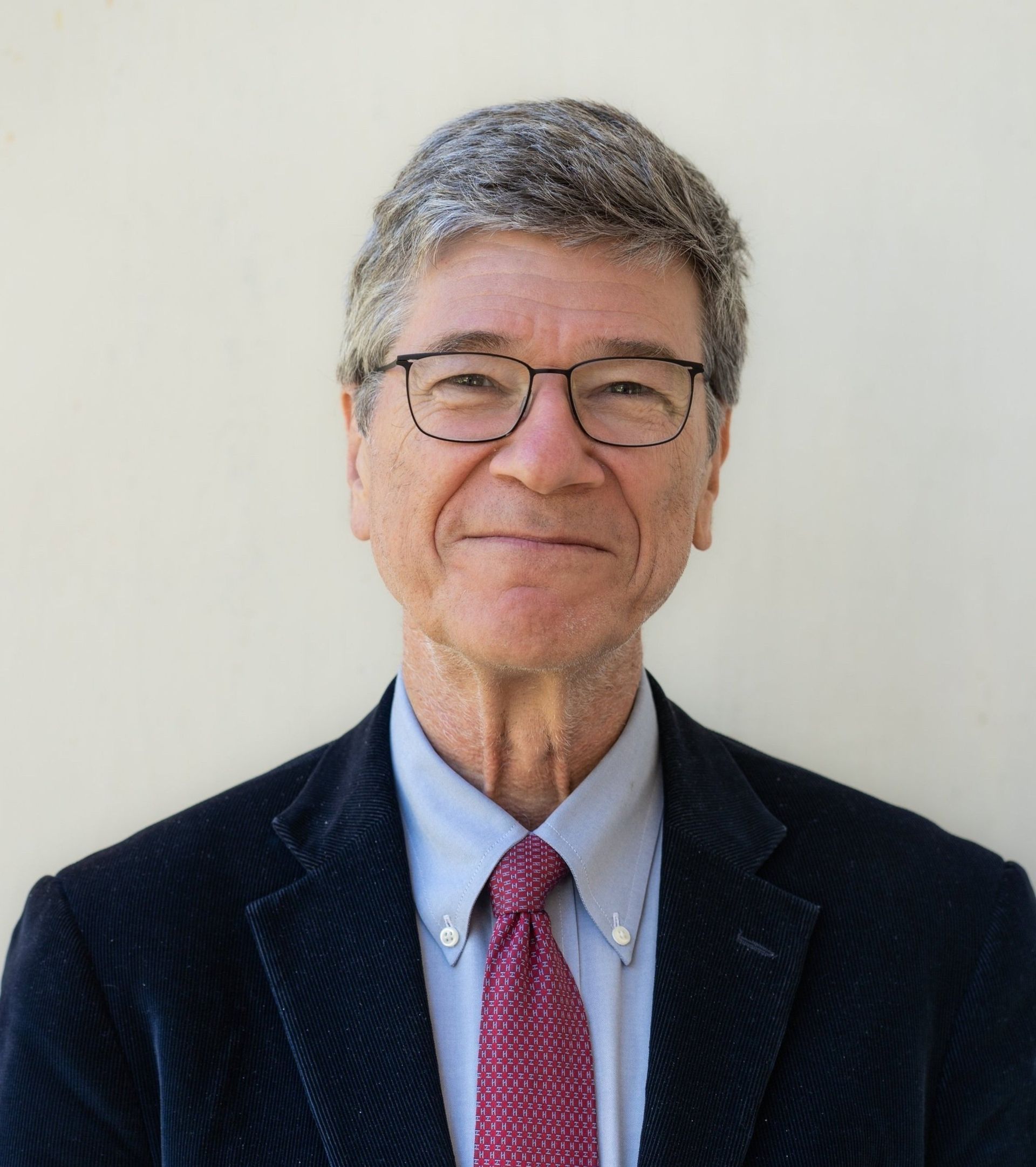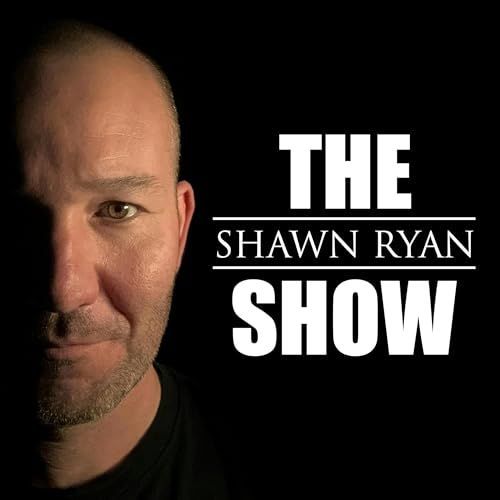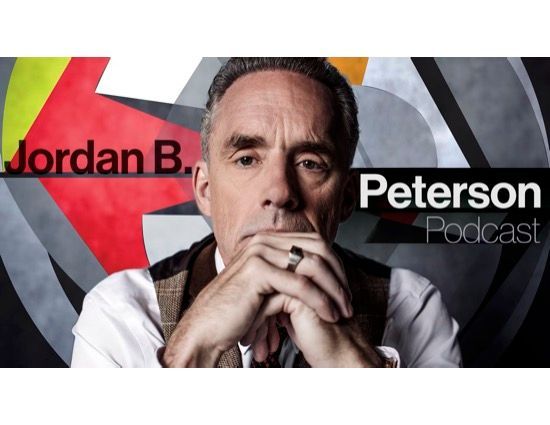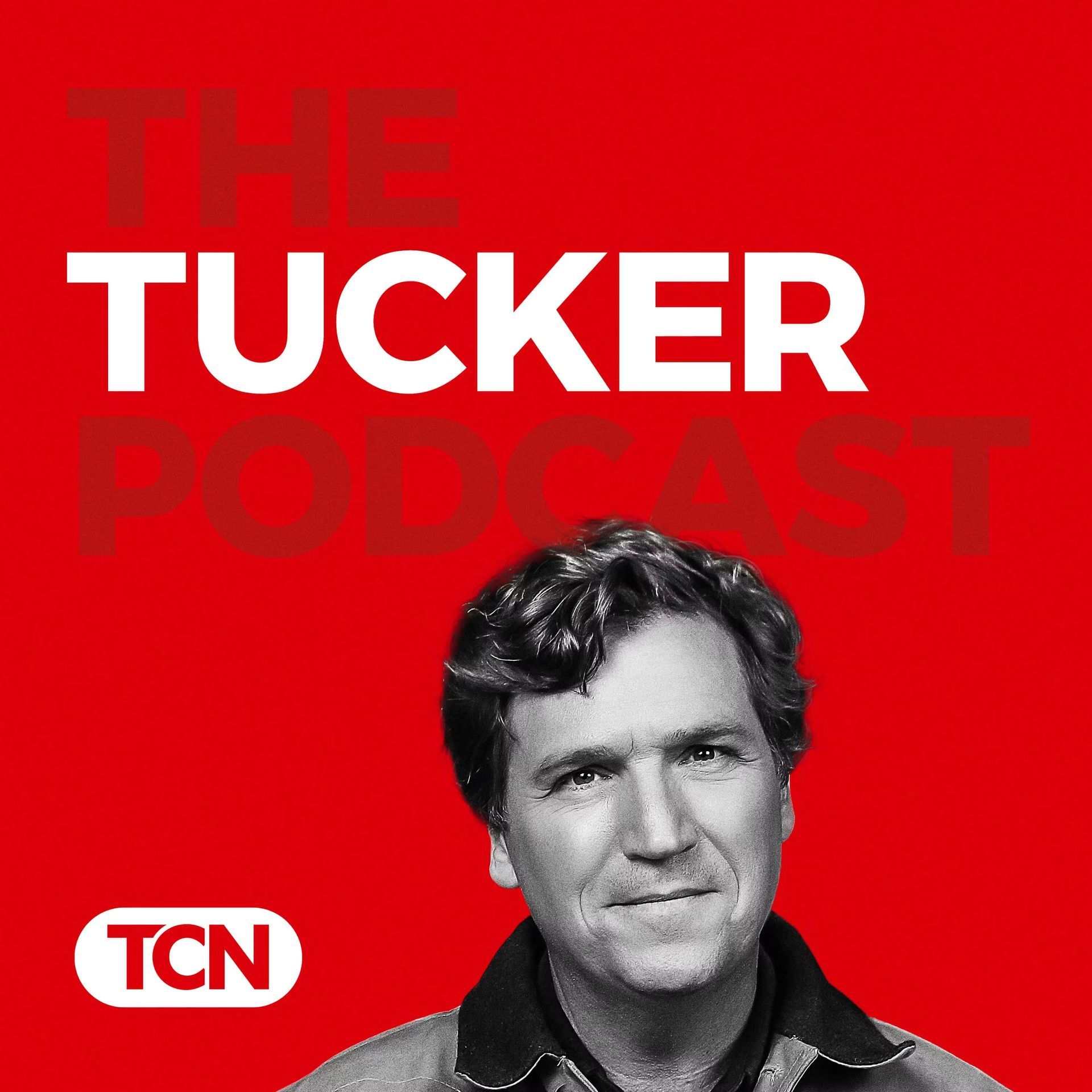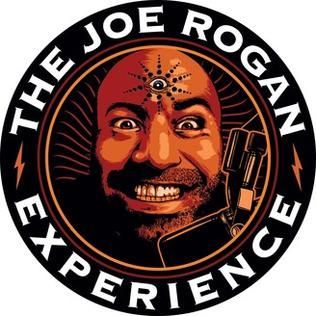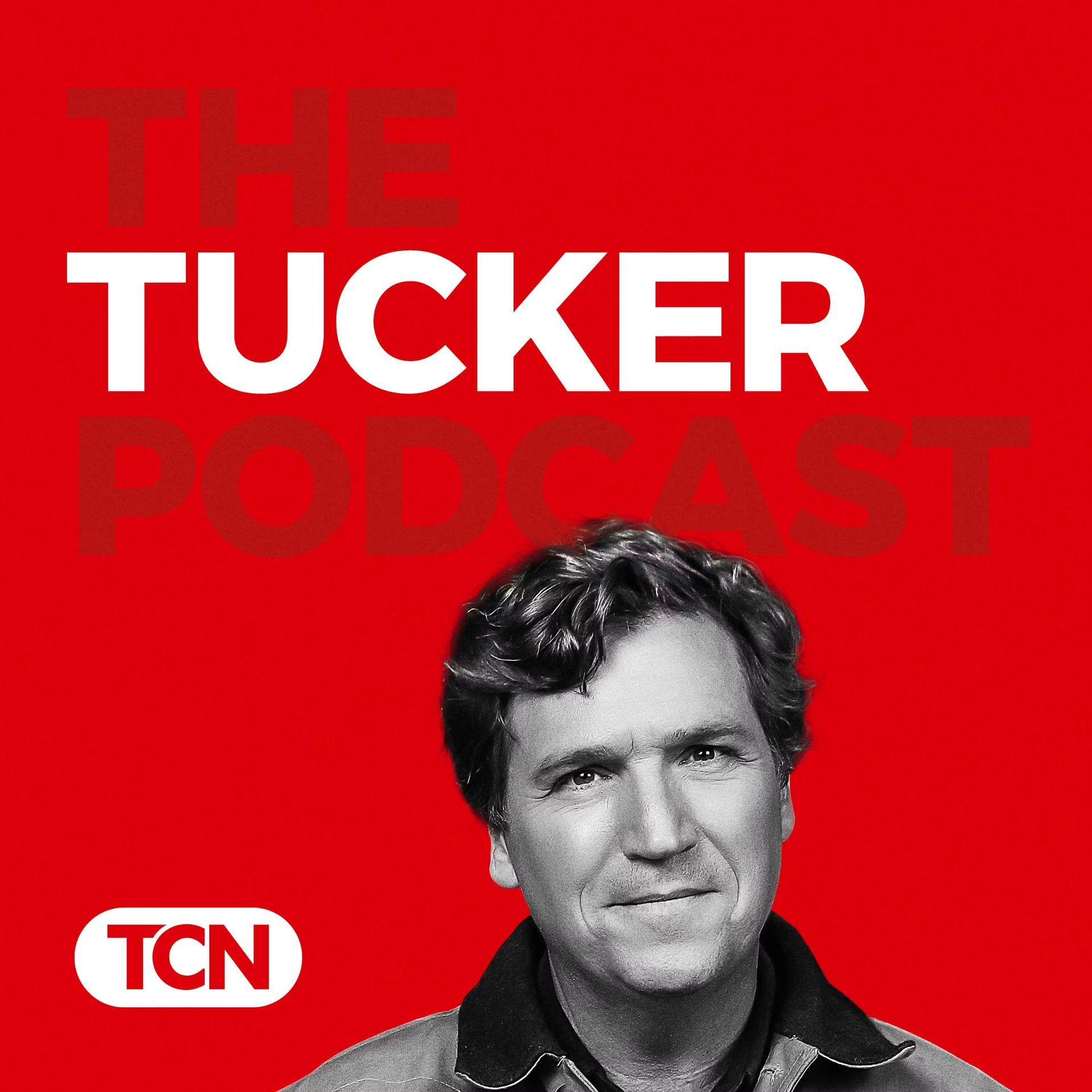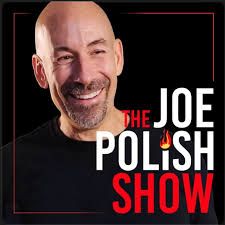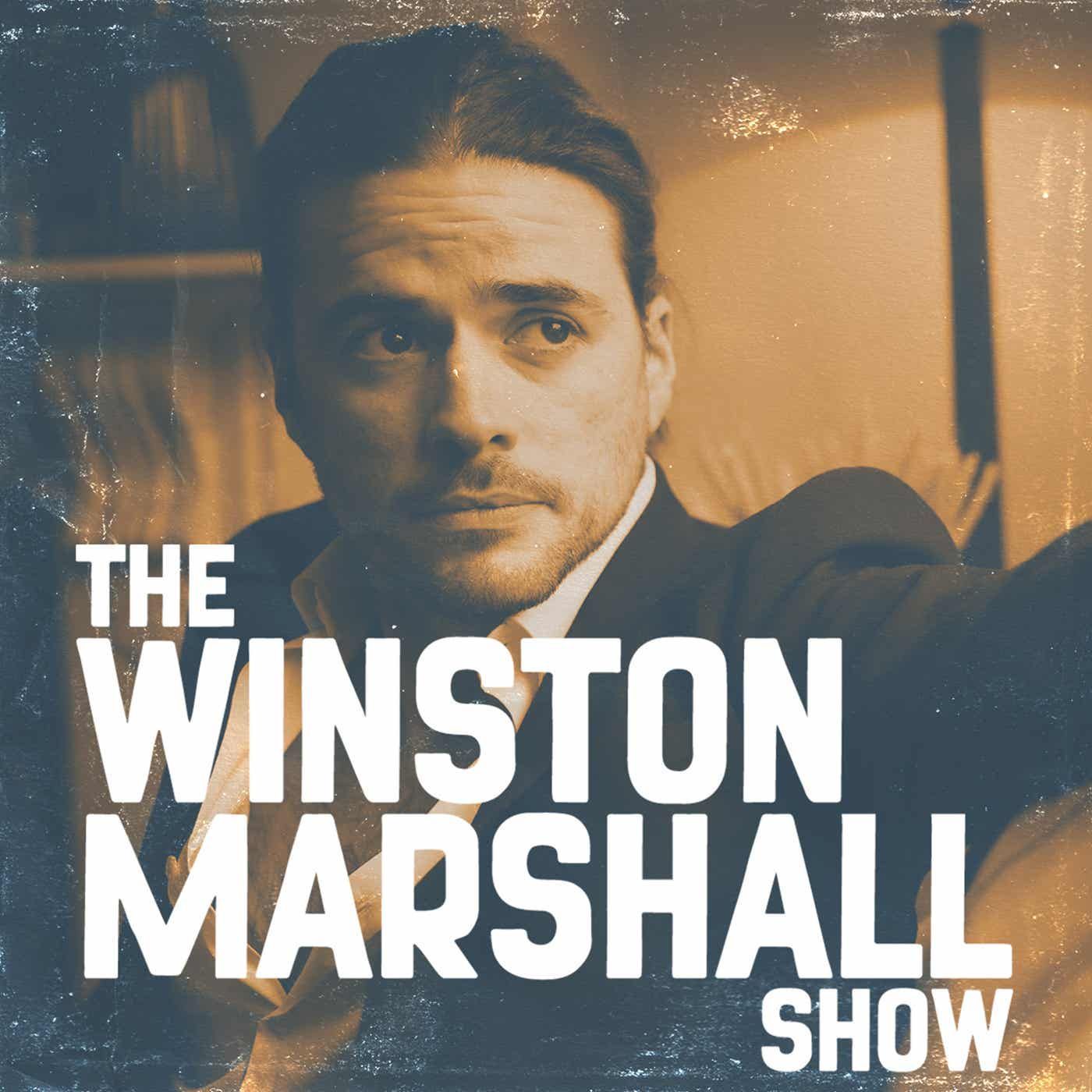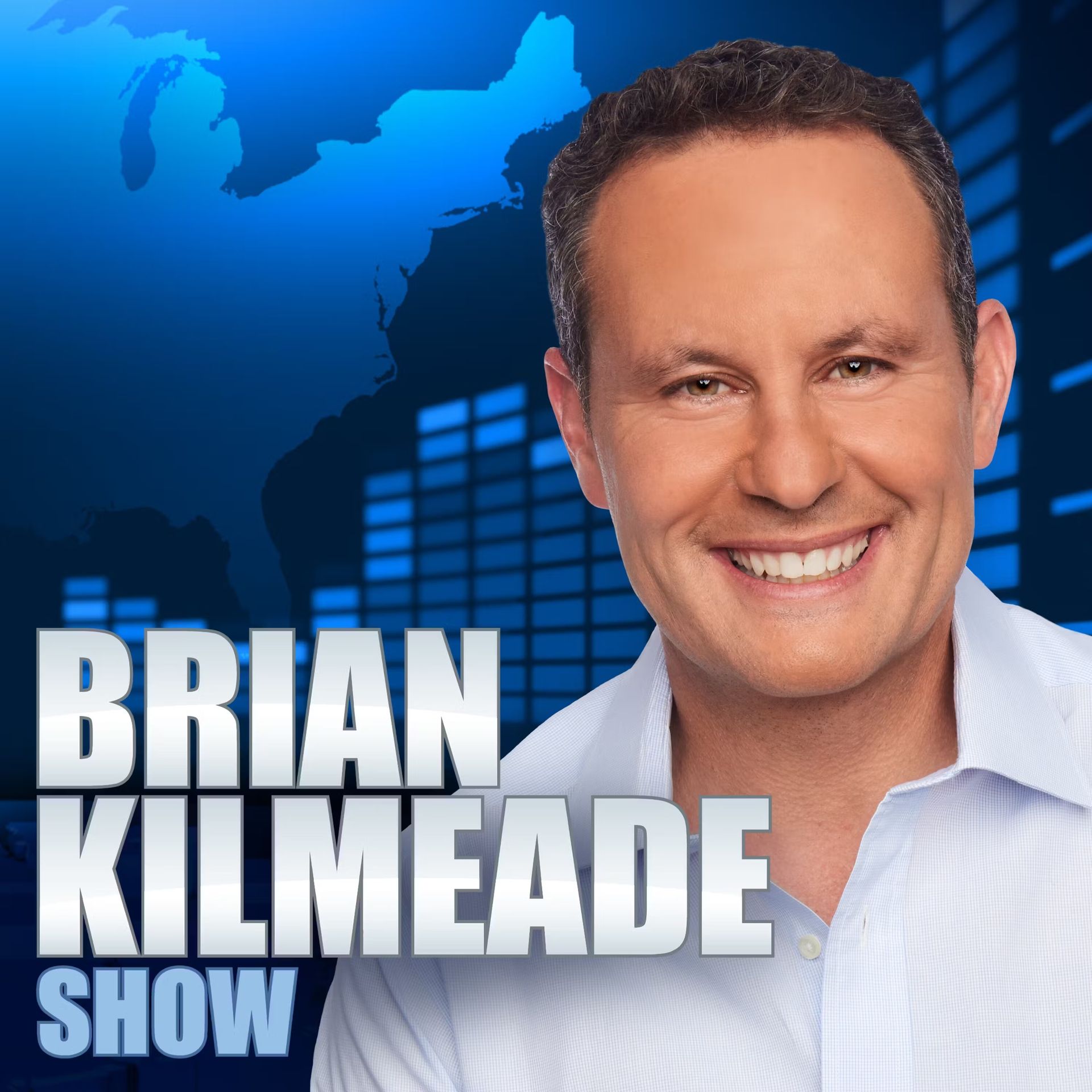Jordan Peterson hosts Dr. Mehmet Oz to explore a variety of topics ranging from the struggle for free speech in media, the importance of health and diet for avoiding chronic illnesses, and the growing movement to improve America’s health. They also discuss deeper ideas about philosophy and the challenges facing science today. Their conversation also veers into other current topic like education, woke ideology, and more.
Free Speech and Media Dynamics
Peterson and Oz talk about how hard it is to speak freely today, especially in traditional media like TV or newspapers. They agree that instead of arguing over ideas, these outlets often attack people personally to silence them. Dr. Oz shares a story from 2018 when his team almost quit because he had Peterson on his show. Of course, at the time, Peterson had been unfairly characterized as a bigot, misogynist, homophobic, anti-trans, and / or pick your ism. Oz platformed him at a time when deplatforming was almost required. Despite that time censorship-rich time period , they both point out that platforms like YouTube have opened things up on the whole—anyone can share their thoughts without needing big money or approval from media bosses. This has led to richer, more honest talks, but it also means people who speak out might face criticism or even lose their jobs, even today. Particularly in Canada and parts of Europe.
Health and Diet
A significant portion of the podcast focuses on how what we eat affects our health. Dr. Oz slams old health advice, like the low-fat food agenda, which of course, ended up making people load up on carbs and get sicker. He explains how little choices—like drinking a single soda every day—mess with our bodies because we don’t feel full from those calories, so we keep eating more. He wants people to have better information about food and health so they are empowered to prevent metabolic and heart diseases. Dr. Oz also brings up vaccine rules, including the ever -popular question as to why newborns need the hepatitis B shot right away, when its primarily passed through sex or drug use. His main point is that knowledge gives people power over their own health and this is what we want.
Make America Healthy Again Movement
They also discuss the Make America Healthy Again movement and Sec. Robert F. Kennedy Jr. There is broad and growing agreement that its time to stop chronic diseases by focusing on clean environments and honest health policies. This is, of course, in stark contrast to the incentive model of “treating” chronic illness through drugs championed by the pharmaceutical industry over the past several decades. Dr. Oz says MAHA got popular after the 2024 election because it speaks to people who care about controlling their own health choices. He thinks it might even change how people vote if health freedom becomes a bigger deal. The idea is that if voters demand better health options, it could shake up politics and lead to real improvements.
Philosophical Insights
As he often does, Peterson injected the idea of “story”, using Bible stories like Cain and Abel to show how jealousy and selfishness in lieu of commitment can have ruinous outcomes. He talks about “complementarity,” a Petersononian term for how two opposite ideas can both be right—like how light can act like a wave and a particle. He says this way of thinking helps us handle tough problems by seeing all sides. Peterson also takes a typical swing at postmodernism, which he says throws out the idea of a meta story or truth that has the power power to bind us together. Without shared values like helping others, some sort of faith, and an upward aim, he warns, society falls apart into fights over power and / or short-gratification, which doesn’t end well.
Science and Truth
The podcast wraps up with worries about science losing its way. Peterson says a lot of studies can’t be trusted because they don’t hold up when tested again—a problem called the replication crisis. He’s seen firsthand how research gets twisted by politics or personal agendas, like when he dealt with shady ethics boards. Dr. Oz adds that COVID-19 rules, like shutting down debate or forcing policies, has seriously damaged the viability of the expert class and the public trust. Both Doctors agree science should chase the truth and be in service of that truth and all of humanity, rather than simply boosting careers or supporting agendas. In the recent past, the priorities of science have become compromised.
THE FINAL PODLAND TAKE:
Peterson and Oz’s discussion shines a light on big problems—like media shutting down free speech, health advice leading us astray, science losing trust, and society splitting apart. The dynamic between the two was interesting. You can tell there is a genuine respect and friendship between them, and that made for better listening. Often times, as host, Peterson spends too much time talking and working through issues audibly. This was a conversation between equals and it was respectful and easy listening. Nothing new to blow your socks off, but there are worse ways to spend your time, particularly if you haven’t spent a lot of time with some of these issues.
THE PODSCORE: 3.5 (Out of 5)
